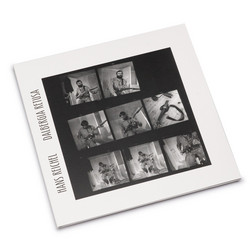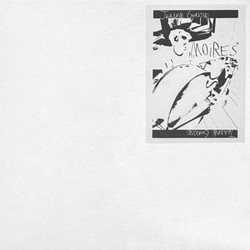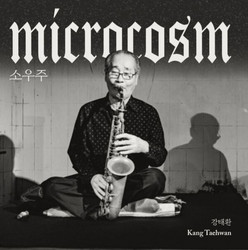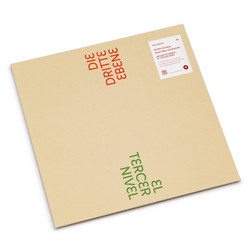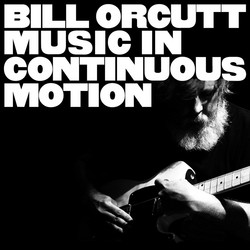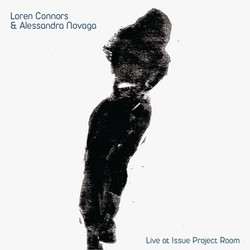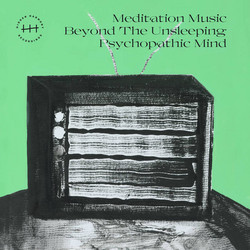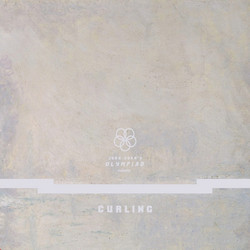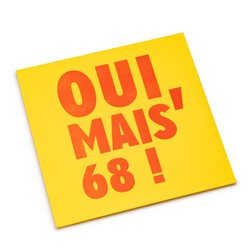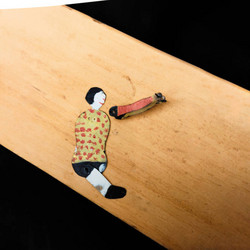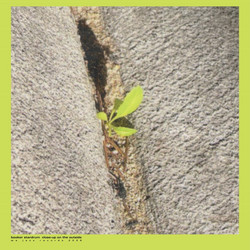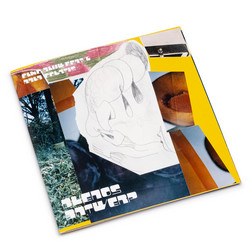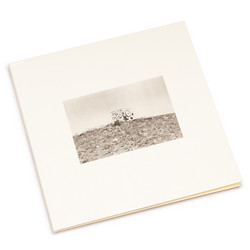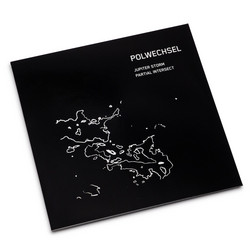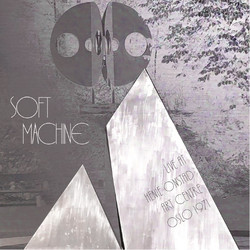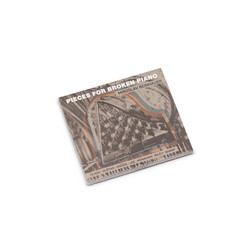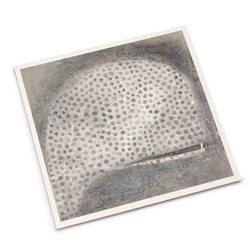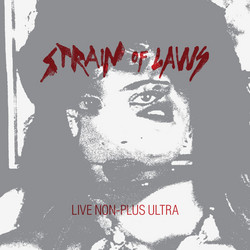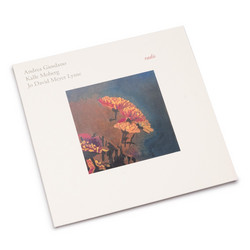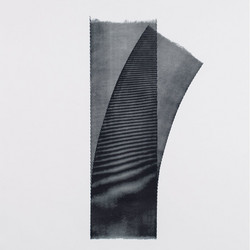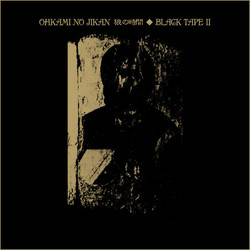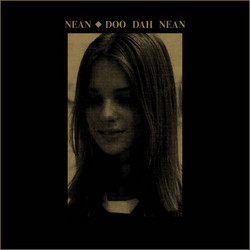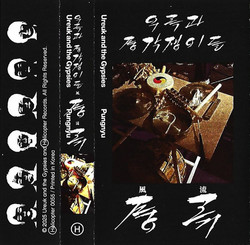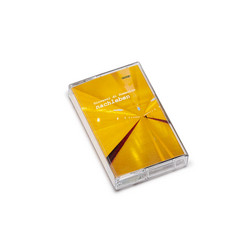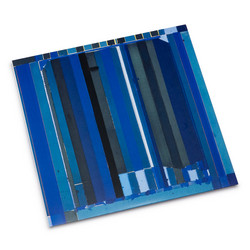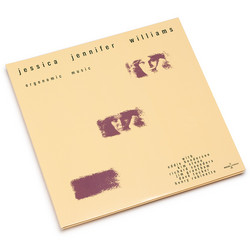*100 copies limited edition* Blue Abstraction compiles a selection of Jessica Williams’ lost prepared piano recordings. These recordings document the beginning of a vital, solitary phase in her career: a period of intense sonic experimentation that began with physically altering a 6’4” grand piano—creating a new instrument, and from there, creating a new music. The results are breathtaking; from melancholic soundscapes with Satie-esque lyricism to forcefully controlled cacophony, always grounded by the distinct emotional voicing of her melodic lines.
Jessica Williams (1948–2022) was a pioneering trans jazz pianist and composer from Baltimore, where she studied at the Peabody Conservatory. Among countless other greats, she gigged with Philly Joe Jones, Dexter Gordon, Stan Getz, Tony Williams, Charlie Rouse, Jackie McLean, Roy Haynes, Charlie Haden, and Bobby Hutcherson, and recorded with Eddie Henderson, Eddie Harris, Leroy Vinnegar, Victor Lewis, and Ray Drummond. She received accolades from piano greats McCoy Tyner and Dave Brubeck. Williams could play anything and knew the standards deeply—expanding from there through her composing and arranging. Her first LP, The Portal of Antrim (Adelphi, 1976), included six solo piano improvisations, four pieces as a trio, and “Plath’s Return,” where she played all the instruments. After finishing her second album—a double LP of solo piano improvisations titled Portraits (Adelphi, 1977)—she moved to San Francisco and became the house pianist at the city’s premiere jazz spot, Keystone Korner.
Thelonious Monk was one of Williams’ biggest influences. Her fifth LP, Update (Clean Cuts, 1982), features a take on “Ruby My Dear” and her sixth LP, Nothin’ But the Truth (BlackHawk, 1986), includes “’Round Midnight,” “Ugly Beauty,” and her tribute, “Monk’s Hat.” In a 1997 interview with Terry Gross, she recalled first hearing It’s Monk’s Time (Columbia, 1964): “[It] sounded like he was wearing boxing gloves, because I had heard all this precision piano playing—like Oscar [Peterson]—and this was a totally new thing for me. I grew to love Monk’s music, and I still do, but I had some questions about how he would do certain things.”
